I have a website. Sweet! What happens next?
Well, it’s a natural question. I had a brilliant idea and purchased a domain name, but what do I do next? Storks don’t fly by to deliver a basket of tasks upon the purchase of your domain.
For most new website owners, a core understanding of expectations is crucial. There are a lot of boxes to check off during the deployment of your website, but security and convenience are core components of the decisions you’ll have to make.
Maintaining visibility of your website and ensuring that it’s safe for visitors should be your guiding principles.
What Is The Best Hosting Solution?
First, you need to evaluate your requirements as you compare hosting companies. This is a personal choice depending on how you approach your business or project:
- If the site goes down, how quickly do you need your host to respond?
- What kind of support communication is available?
In regards to security, there are also some key questions to be raised:
- What security precautions are they taking to protect your website (not just their server)?
- What actions will they take if they identify malware on one of your websites?
- Do they offer incident response services?
- Will you need to reach out to a third party if your site is hacked?
If your site is ever hacked, you want to be prepared with a plan in advance. The alternative involves spending hours researching solutions after your host suspends your account and takes your site offline. If you’re running a business or ecommerce shop, every second of downtime hurts your bottom line.
What If Your Website Is Hacked?
Now, let’s suppose you’ve settled on a host that doesn’t address security incidents. What do you do?
If you have the time and technical aptitude, I’d recommend searching the web for DIY resources to help walk you through clearing out your hacked web properties. We offer free guides on how to accomplish that yourself: https://sucuri.net/guides/
If you don’t have the time (or expertise), you can research professional services that take care of the cleanup for you. Not all services are the same – some charge more depending on the nature and complexity of the hack.
Doing a bit of research before you need these guides or services will save you massive headaches down the line. Trying to do this when you are panicking can compromise your ability to choose wisely.
One benefit of using a trusted, professional service is that you can rest easy knowing the cleanup is thorough and complete, without incurring hidden fees and additional charges.
I Have a Secure Site – Now What?
Keep visibility on the site. This includes monitoring for security issues, ensuring your site is fast, and optimizing your content for organic traffic.
There are many free plugins, extensions, and online tools that can help you keep a watchful eye on the site.
- Our WordPress security plugin includes core integrity checks, outdated software alerts, and malware/blacklist monitoring.
- Optimize your content using plugins like Yoast for SEO.
- You can find security extensions that offer downtime alerts.
- We offer free online tools like SiteCheck Security Scanner and Performance Load Time Tester.
As with any third-party software, be sure you are using a trusted developer and confirm there are good support and reviews before adding it to your site.
If your host or web developer includes these kinds of services, learn more about exactly what they’re monitoring for and how they optimize your performance. They are often happy to advise you on additional ways you can complement their feature set with additional services like content delivery networks and website security platforms.

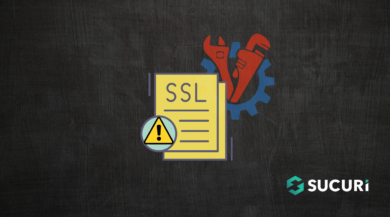


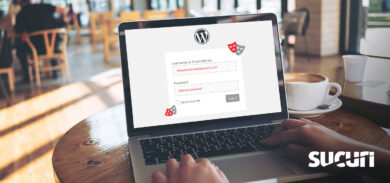
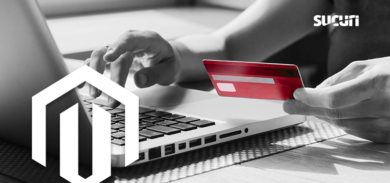

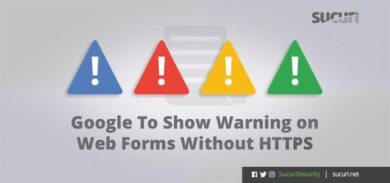

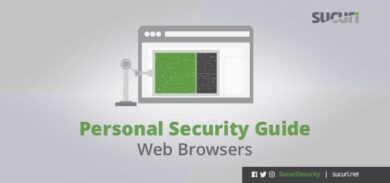

1 comment
Nice article
Comments are closed.